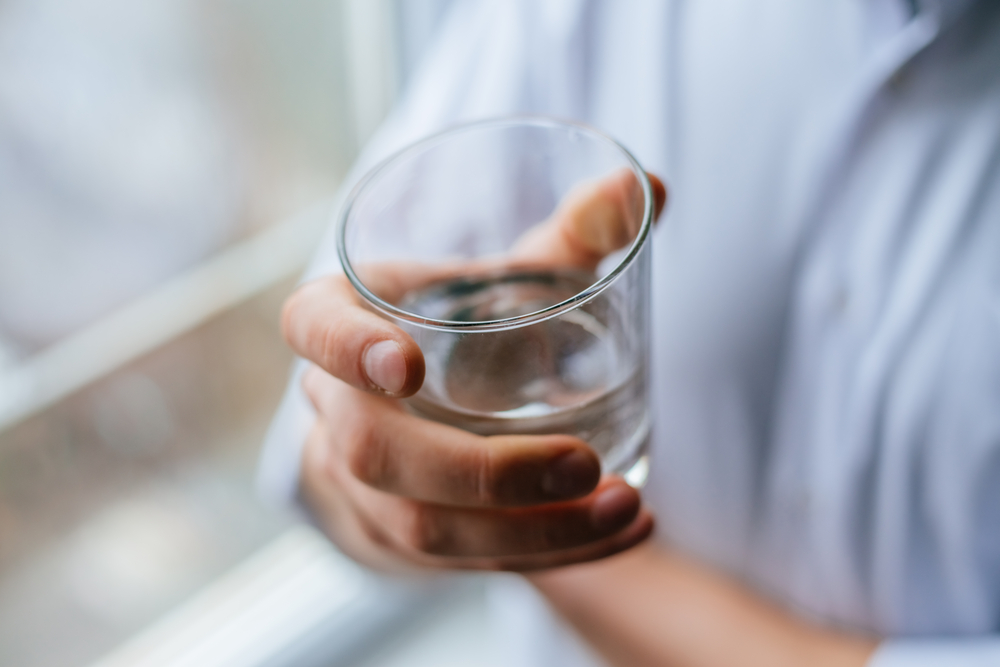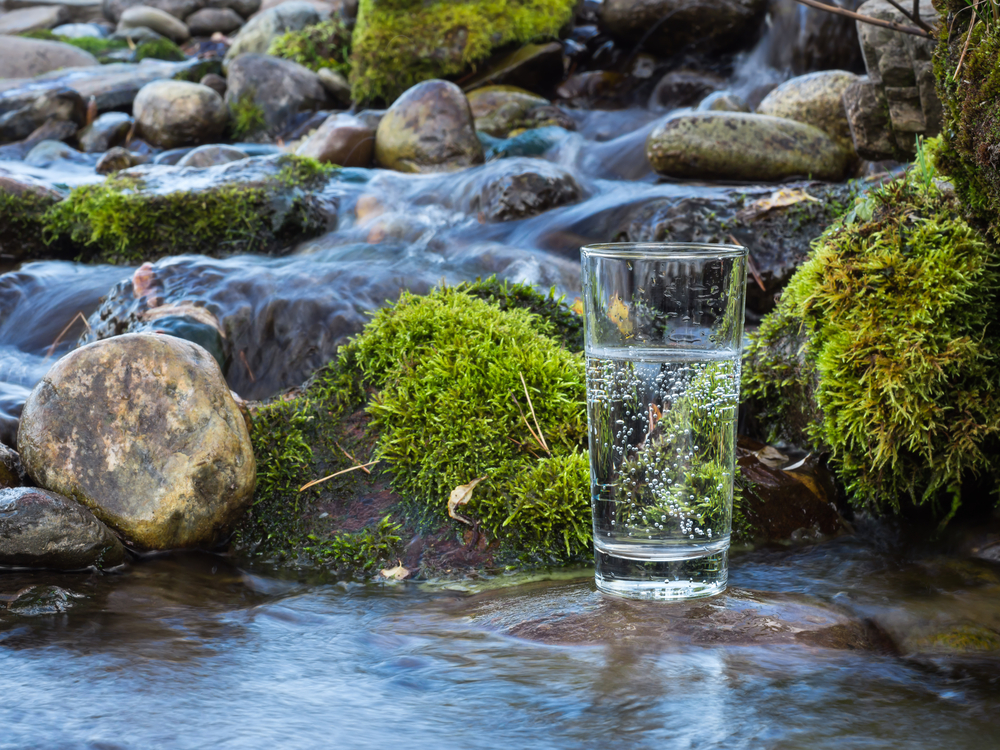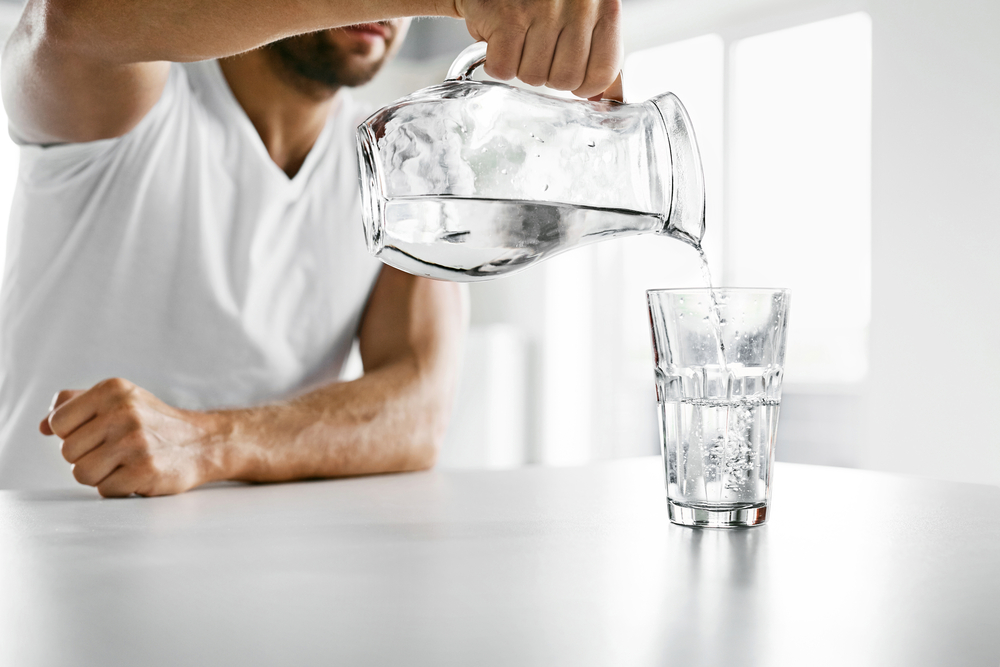Water is one of the most important substances to the human body. Although we may take it for granted, water keeps our bodies properly running. Essentially, we need water, and plenty of it, to survive. Water keeps our organs functioning, regulates body temperature, supports healthy blood pressure, and even nourishes our bodies down to a cellular level. A person should drink water on a daily basis, but the question on many people’s minds is: “How much water should I drink per day?” Not only is it important to know how much water to drink a day, it’s also important to know the best types of water to drink daily. Read on to learn more about how much water you should drink and the best approach to staying hydrated.
How Much Water Should You Drink A Day
The standard rule that most people follow is eight glasses of water a day. This has been the advice given to us by many health organizations for decades. But as we learn more about the body and the proper hydration it needs, this number actually isn’t completely accurate. How much water to drink a day is more based on a person’s size and shape. Diet, geographical location, and daily physical activity also play a part in how much water we all need.
There are also varying recommendations based on gender. How much water a woman should drink differs from that of a man. A woman is recommended to consume about 11.5 cups a day, and men 15.5 cups per day, according to the National Academy of Medicine (NAM). If this is a bit more than you’re used to, then here’s some good news for you. These numbers actually include the foods and other beverages that we consume.

The Kind of Water You Should Consume
Now that we know how much water we should be consuming, let’s take a look at the types of water we should consume. The type of water you need each day largely depends on your preference. There are several different types of water to choose from now that the beverage market has become more advanced. Here are a few to consider:
Reverse osmosis water
Reverse osmosis water is filtered heavily so that there are practically no impurities left. It is very pure and safe to drink. One of the downsides to this type of water is that while the impurities are filtered out, so are the minerals and nutrients.

Distilled water
Distilled water is created by boiling water and collecting the steam. It also removes all chemicals and impurities, but the minerals as well. Many experts say that it can remove nutrients from your body.

Alkaline water
One of the newer, popular trends in water is alkaline water. It is higher in pH than other types of water. This factor is supposed to help neutralize acid in your body and also keep you better hydrated.

Spring water
One of the tried and true natural forms of water is spring water. It is touted as one of the healthiest forms of water because it is collected at natural springs. But because spring water is a natural form of water, there is little consistency in quality and filtering standards.

Can You Drink Too Much Water?
Yes, you can actually drink too much water. Drinking too much water can cause hyponatremia, which is low sodium concentration in the blood. This is rare, but can still happen. Because of this, it is best to not try consuming the water you need a day in one setting. Keep water with you and take sips throughout the day.

The other great part about spreading out your water consumption is that most things you eat and drink contain some amounts of water. Beverages like tea and coffee contain water. So do flavored drinks like sports drinks or sodas. While these are not a good replacement for pure, good clean water, these beverages do contribute to your daily water intake. Your daily meals also get you closer to your water goals. Some of the most hydrating foods you can eat are watermelon, smoothies, lettuce, and other vegetables. So be assured that with a healthy balanced diet, and a concentrated effort to consume enough water daily, you can lead a more vibrant, hydrated lifestyle.









